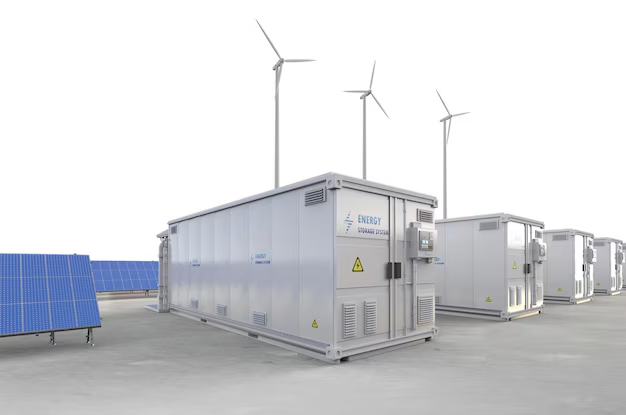India’s clean energy transformation is one of the most ambitious in the world. With a goal of achieving 500 GW of renewable capacity by 2030, the country is taking decisive steps toward a low-carbon economy. Solar, wind, and bio-energy projects are expanding rapidly across states, supported by strong policy frameworks and global partnerships. This transition not only addresses climate concerns but also creates millions of green jobs, enhances energy security, and reduces import dependency.
However, the road to a sustainable energy future isn’t without challenges. Grid integration, intermittent power generation, and land acquisition remain key obstacles. Many renewable projects still struggle with regulatory delays and financing barriers, especially in rural or emerging regions. While large-scale initiatives are thriving, smaller developers often face difficulties accessing affordable capital and advanced technology. Overcoming these issues requires a coordinated effort between government bodies, private players, and training institutions to ensure inclusivity and long-term success.
The opportunity for innovation in India’s renewable landscape is immense. Technologies like floating solar, hybrid power systems, and energy storage solutions are unlocking new possibilities for stable and efficient power generation. Startups and research organizations are also exploring AI-driven energy management and predictive maintenance systems that improve reliability and reduce costs. By encouraging local manufacturing and domestic innovation, India can become a global hub for sustainable energy technology exports.
Another key area of focus is capacity building. To meet the demands of this growing sector, India needs a trained workforce that understands renewable technologies at both technical and operational levels. Training centers like RDTC, supported by Kriti Productions, are addressing this gap through hands-on programs in solar, wind, and energy storage. Skilled professionals not only improve project outcomes but also strengthen the overall renewable ecosystem, making it more self-sustaining and resilient.
The clean energy revolution is more than a technological shift; it’s a movement toward environmental responsibility and social progress. India’s leadership in renewables has already started to inspire other developing nations. As the country continues to balance growth with sustainability, collaboration, education, and innovation will be the keys to success. With continued dedication, India is well on its way to setting an example for the world — proving that clean energy and economic development can go hand in hand.



